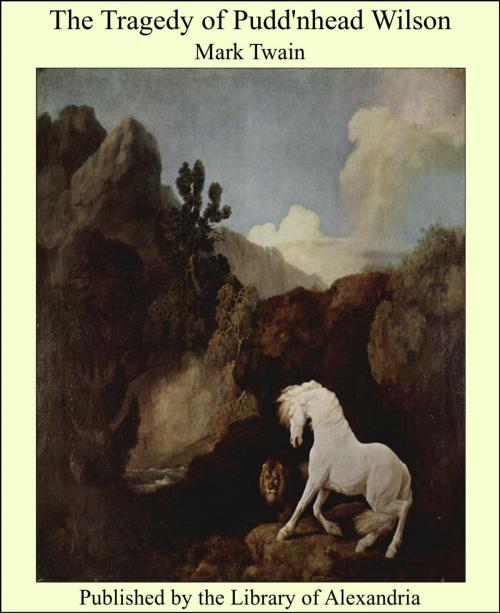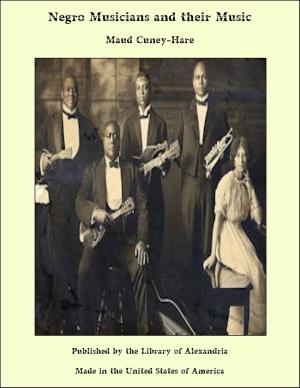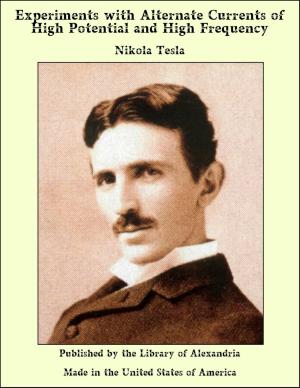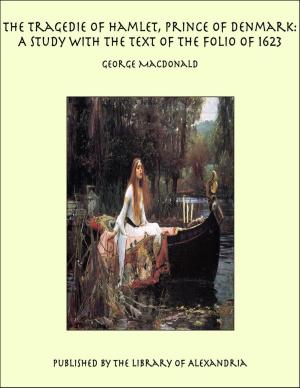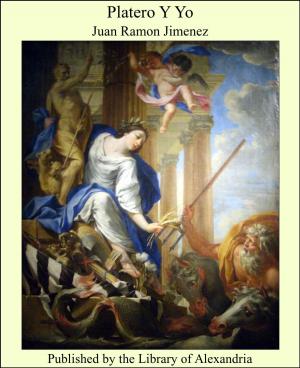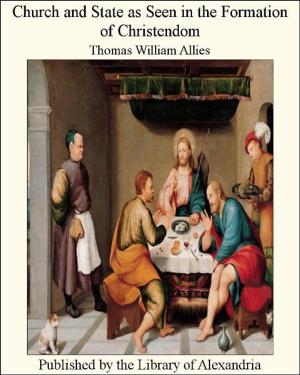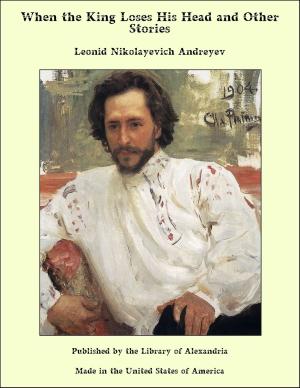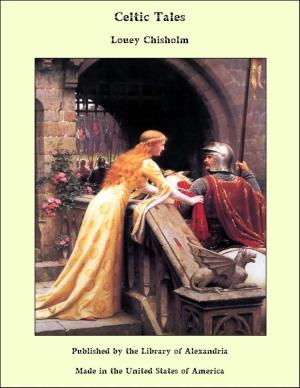The Tragedy of Pudd'nhead Wilson
Nonfiction, Religion & Spirituality, New Age, History, Fiction & Literature| Author: | Mark Twain | ISBN: | 9781613100097 |
| Publisher: | Library of Alexandria | Publication: | March 8, 2015 |
| Imprint: | Language: | English |
| Author: | Mark Twain |
| ISBN: | 9781613100097 |
| Publisher: | Library of Alexandria |
| Publication: | March 8, 2015 |
| Imprint: | |
| Language: | English |
Pitied.” The vulgar notion that the Templars were as wicked as they were fearless and brave, has not yet been entirely exploded; but it is hoped that the copious account of the proceedings against the order in this country, given in the ninth and tenth chapters of the ensuing volume, will tend to dispel many unfounded prejudices still entertained against the fraternity, and excite emotions of admiration for their constancy and courage, and of pity for their unmerited and cruel fate. Matthew Paris, who wrote at St. Albans, concerning events in Palestine, tells us that the emulation between the Templars and Hospitallers frequently broke out into open warfare to the great scandal and prejudice of Christendom, and that, in a pitched battle fought between them, the Templars were slain to a man. The solitary testimony of Matthew Paris, who was no friend to the two orders, is invalidated by the silence of contemporary historians, who wrote on the spot; and it is quite evident from the letters of the pope, addressed to the Hospitallers, the year after the date of the alleged battle, that such an occurrence never could have taken place.
Pitied.” The vulgar notion that the Templars were as wicked as they were fearless and brave, has not yet been entirely exploded; but it is hoped that the copious account of the proceedings against the order in this country, given in the ninth and tenth chapters of the ensuing volume, will tend to dispel many unfounded prejudices still entertained against the fraternity, and excite emotions of admiration for their constancy and courage, and of pity for their unmerited and cruel fate. Matthew Paris, who wrote at St. Albans, concerning events in Palestine, tells us that the emulation between the Templars and Hospitallers frequently broke out into open warfare to the great scandal and prejudice of Christendom, and that, in a pitched battle fought between them, the Templars were slain to a man. The solitary testimony of Matthew Paris, who was no friend to the two orders, is invalidated by the silence of contemporary historians, who wrote on the spot; and it is quite evident from the letters of the pope, addressed to the Hospitallers, the year after the date of the alleged battle, that such an occurrence never could have taken place.
